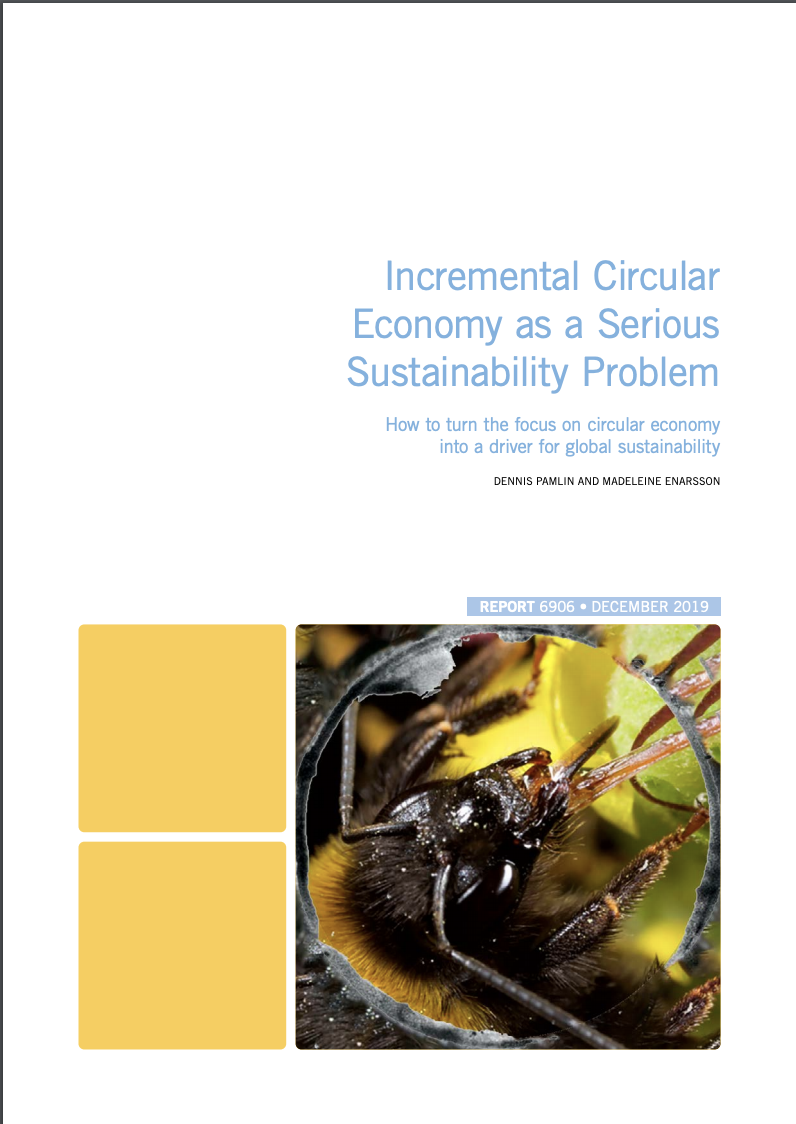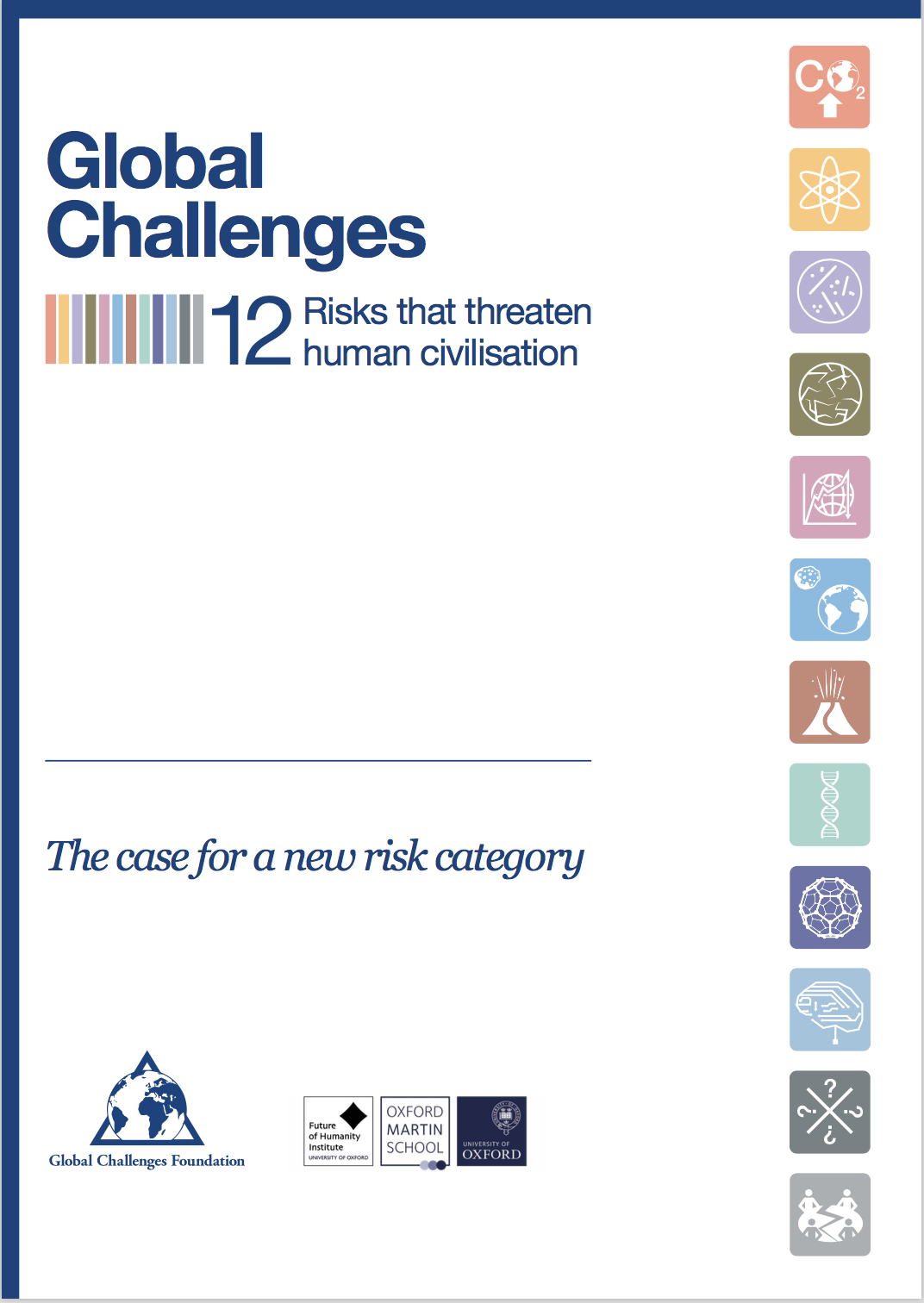Role: Co-author with Sachin Joshi, Seema Arora and Shirish Sinha
Summary
This report, ‘Indian Companies with the solutions that the World Needs’, builds on the previous report “Indian Companies in the 21st Century” by WWF and explores in a more detailed manner how some companies in India are understanding and responding to changing sustainability trends through innovation and business strategy.1
The five in-depth case studies and two examples in this report include companies from diverse economic sectors that have varied economic, social and environmental concerns and impacts. Nevertheless, they contain some common threads and lessons that can be applied in different contexts. The case studies capture key initiatives and identify important ways in which sustainability has affected the drivers of business competitiveness and success: access to markets, operational efficiency, access to capital or superior reputation, and most importantly innovation.
Recent years have seen a growing range of economic, social, environmental and governance issues push into the mainstream of politics and business. The priorities for action emerging from a range of summit meetings - such as the G8 and the World Economic Forum - tend to share one common characteristic: they all relate to current market failures or dysfunctions.
While most sustainability challenges – such as income disparity, loss of biodiversity and assosiated impacts - are not new; globalisation has directly or indirectly exacerbated many problems to a degree where many of these questions are now dealt with as matters of global and national security, e.g. climate change and food prices. Information technology is propelling increased awareness about the scope of societal needs and the lack of progress to date by governments and traditional non-governmental organisations. Businesses, civil society and governments, once considered strange bed-fellows, are now working together to resolve some of the most chronic problems.
This trend was implicit in the 2008 agenda of the World Economic Forum annual meeting at Davos, which closed with a call by business, government and civil society leaders for a new brand of collaborative and innovative leaders to address the challenges of globalisation, particularly the pressing problems of conflict, terrorism, climate change and water conservation.2
Business, political and civil society leaders at the World Economic Forum’s India Economic Summit 2007, called on India to focus on skills development, improving governance, upgrading of education, forging public- private partnerships in infrastructure and addressing environmental degradation and water scarcity to sustain the high growth the country requires.
Download the report


































